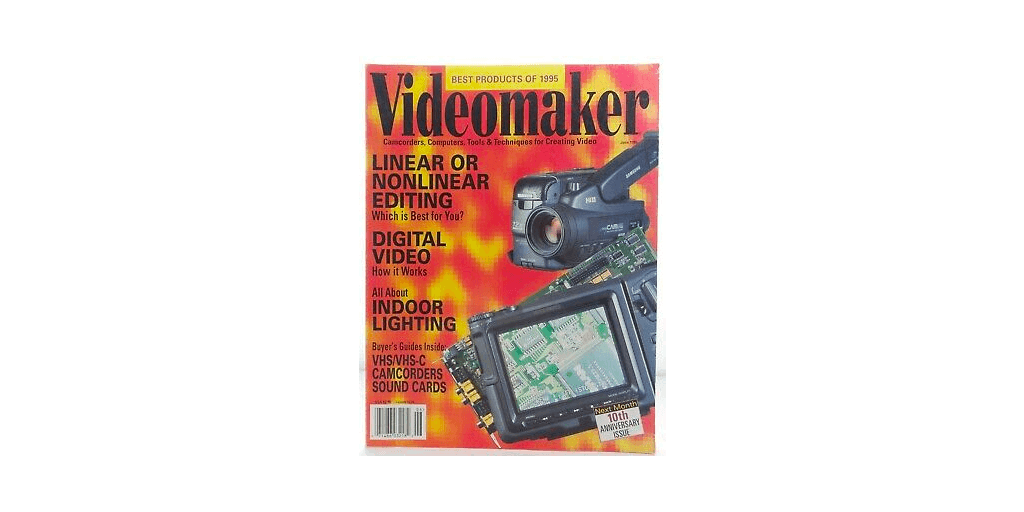The Prosumer market is underrated
The normal advice for people building SaaS companies is "Don't build software for consumers (B2C); build it for businesses (B2B)." But, there's a third category that doesn't get very much attention: prosumers.
Business-to-consumer (B2P) is an underrated business model; here's why.
Who are Prosumers?
Here is Wikipedia's definition of prosumer:
A serious, enthusiastic consumer: not professional (earning money), but of similar interest and skills to a (generally lower level) professional, or aspiring to such. The target market of prosumer equipment.
I want to expand on this definition:
Prosumers are individuals who straddle the line between being consumers and producers. They're incentivized to invest in products and services with the dream of earning a side income. These are people who:
Upgrade to high-end cameras and lighting to create better YouTube content.
Purchase software development courses to advance their career prospects.
DJs who enhance their live streaming capabilities with specialized software.
Aspiring interior designers leveraging AI for innovative design concepts.
Enthusiasts who start a newsletter in their areas of interest using platforms like ConvertKit.
I first heard the term "prosumer" in the 90s when I started reading Videomaker Magazine. As a teenager, I was obsessed with camcorders and editing videos.
Through Videomaker, I learned there was an entire community of aspiring videographers producing documentaries, recording comedy sketches, and making skateboard videos. Many of us were also filming weekend weddings to earn some cash on the side.
We weren't quite professional videographers (it wasn't our full-time job), but we weren't "just consumers." Most of us were spending serious money on equipment. In 1999, while still in college, I took out a loan to buy a Sony TRV-900 and a PC to edit video on (not easy in those days!).
In my mind, these purchases occupied a different space. It wasn't like buying CDs, clothes, or video games; I was buying camera gear to make something.
The Prosumer Mindset
The mindset of a Prosumer is distinct from that of a typical consumer: they view their purchases as investments rather than mere expenses.
Most Prosumers hope their pursuits will generate income someday, which fuels their desire to invest in tools, equipment, courses, and resources.
Generally, Prosumers aspire to:
earn some extra money
earn a full-time income
improve their profile in an industry
build a brand they can take wherever they go
build an audience
meet interesting people
develop new skills they can use in their job
get good at their craft
While Prosumers often purchase things aspirationally, many of their purchases also fill a need.
Examples:
"I was sending my newsletter manually using Gmail, and it got too popular, so now I need a tool."
"I've been publishing my show on YouTube, and I've grown a big audience, but I've been getting tons of requests for an audio version on Spotify, so I need to research how to do that."
"I've been DJing on the weekends for 2 years and made enough money to upgrade my PA."
"I've been taking photos and posting them to Instagram for years. Now, I have 30,000 followers. My plan is to upgrade to the iPhone 15 Max so that I can take even better photos."
"My band has played 5 successful shows, so now it's time to get some merch made on Printful."
"I've been hosting this meetup for a few years, and I love making stickers from Sticker Mule for each event."
The Appeal of Serving Prosumers
Targeting Prosumers offers unique advantages. Unlike B2B transactions (where there can be many decision makers), it's often easier for a Prosumer to make a purchasing decision. If it's something they're passionate about doing, they'll take out their credit card.
Furthermore, the Total Addressable Market (TAM) for Prosumers is growing. It encompasses creators (TikTokers, podcasters, YouTubers), career-oriented individuals (software developers, digital nomads, freelancers), and hobbyists (photographers, DJs, musicians, artists, classic car enthusiasts).
Examples of Prosumer Products
There are many digital product and SaaS businesses that have been successful in targeting Prosumers. These include:
Fathom Analytics for individual bloggers.
Tailwind UI, which is popular among web developers for personal projects.
Projects like PhotoAI, InteriorAI, RemoteOK, NomadList, and Rebase by Peter Lievels.
Transistor for podcast enthusiasts.
Aaron Francis' screencasting course for "creators, developers, or other subject matter experts who want to share content online."
Email marketing tools like ConvertKit, Mailchimp, and Mailcoach for budding writers.
Xnapper for those requiring professional-grade screenshots.
Carrd for easy website creation.
Closet Tools for people selling their clothes on Poshmark.
While these companies can also serve traditional B2B customers, most users are individual creators.
Price points for prosumer software are typically lower, but these SaaS make up for that in volume (and can attract thousands of paying users).
Isn't customer support harder with prosumers? At Transistor, we have live chat, and it's been fine. Back when we were just two people, we regularly were able to answer 100 tickets a week. Since then, we've hired people to help with customer support, but we're still a small team (6 people total).
My larger point: if you see an opportunity with growing demand, and it’s a good fit for you, don’t ignore it just because “it’s not B2B.”
Your business doesn’t have to fit the dominant narrative to be successful; indie B2Prosumer products can be incredibly profitable.
There are great opportunities to build awesome $1M-$5M/year businesses with Prosumer customers.
Cheers,
Justin Jackson
@mijustin
This post was originally published on Feb 5, 2022. It's been updated since then.
